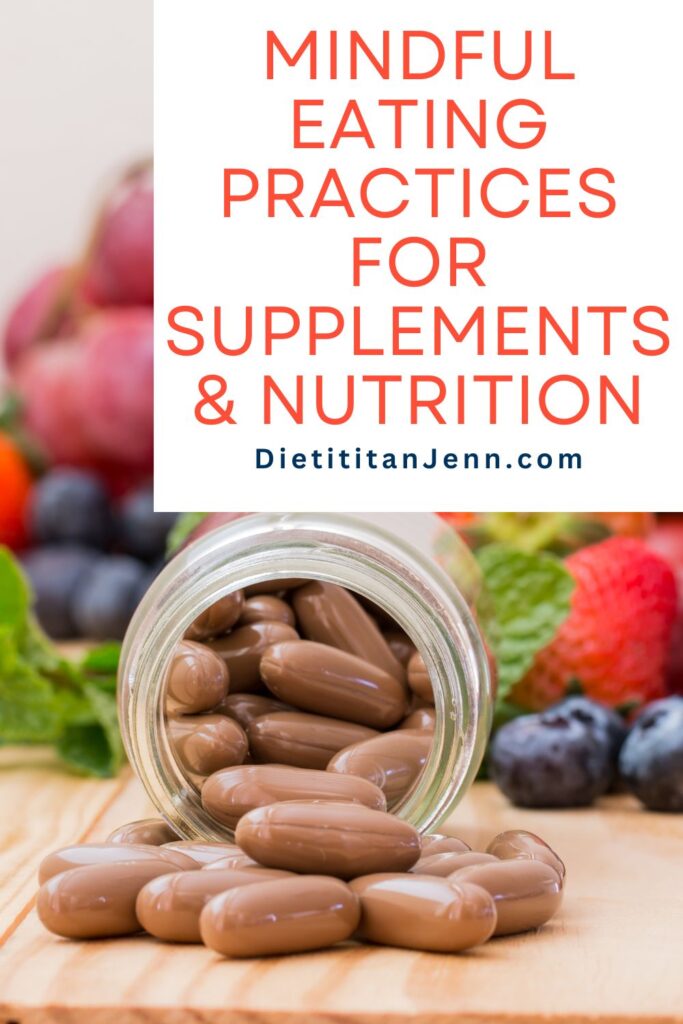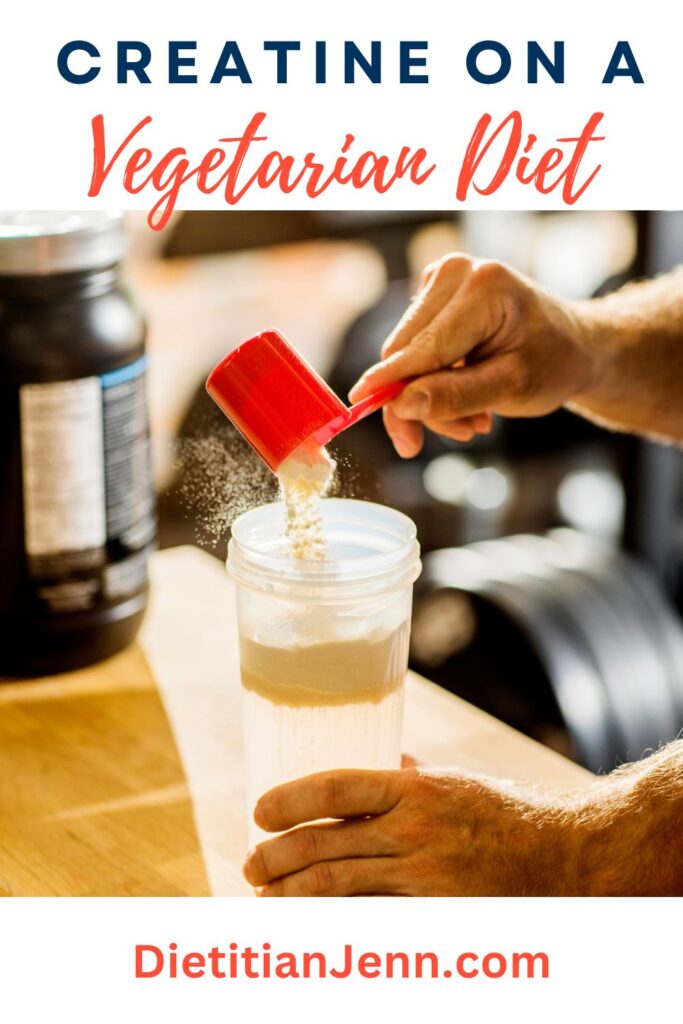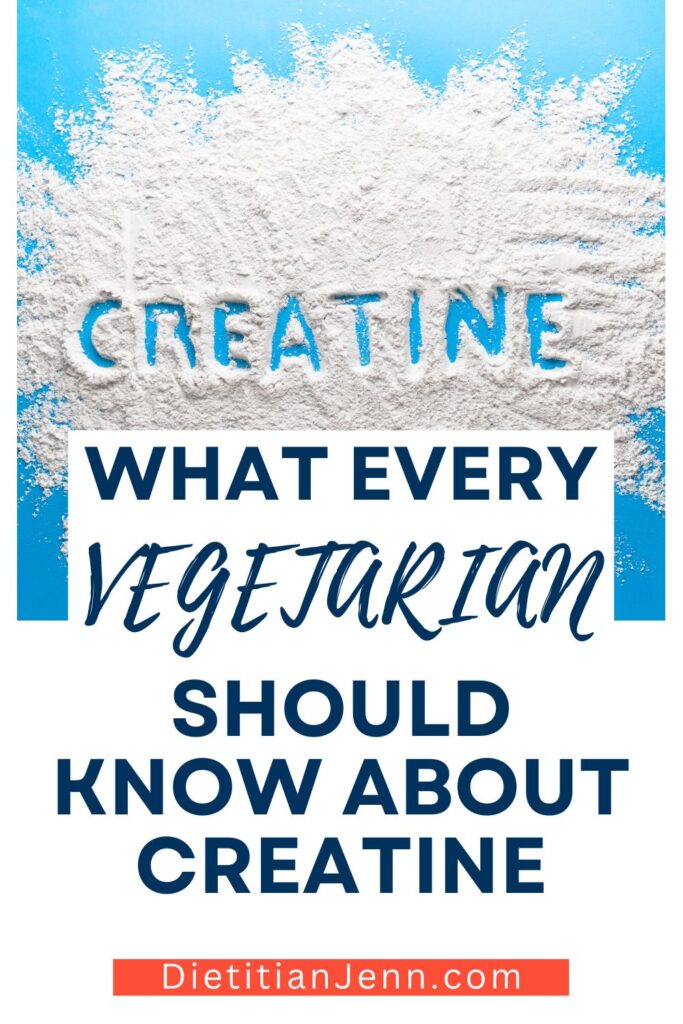Table of Contents
When you think of creatine, you might picture bodybuilders or elite athletes chugging neon-colored drinks at the gym.
But creatine isn’t just for people lifting heavy weights or chasing personal records. It’s a naturally occurring compound in the body that helps produce energy—and for vegetarians like you and me, it may be worth paying attention to.
Because creatine is found almost exclusively in animal products like meat and fish, vegetarians often have lower levels compared to meat eaters.
Does that mean we’re destined to feel sluggish or underperform?
Definitely not.
But it’s worth considering if your body is getting enough to meet its energy needs. Let me break down what creatine is, why it matters, and how you can support your vegetarian lifestyle without compromising your values.
What is Creatine, and Why is it Important?
Creatine is a molecule made from 3 amino acids, the “building blocks” of protein. It is not a protein itself, though.
Creatine is formed by muscles and helps your muscles and brain use energy efficiently. Creatine helps your muscles and brain use energy more efficiently, which explains why muscle tissue (meat) is the primary dietary source.
While it’s true that vegetarians tend to have slightly lower creatine stores compared to meat eaters, these levels are still within the normal range.
You might be wondering, should vegetarians take creatine to fill potential gaps in their diet? While our bodies produce creatine naturally, vegetarians often see unique benefits from supplementation, especially for energy and brain function.
That said, research shows that vegetarians often see bigger benefits from creatine supplementation—not just for muscle growth, but for things like energy and brain function.
Can You Have A Creatine Deficiency?
Technically, yes. Creatine Deficiency Disorders (CCD) occur due to genetic variants and can cause developmental delay, intellectual disability, and speech-language disorders in those who are affected by them.
Individuals with CCD are usually identified by age 2; most have seizures, and many have developed a behavioral disorder as well. Luckily, these disorders are exceedingly rare, with only 130 individuals diagnosed worldwide.
If you’re eating a balanced diet and paying attention to your nutrient needs (especially vitamin B12, which is vital for vegetarians), you’re likely supporting your body just fine.
Reasons for Creatine Supplementation
Most people are familiar with using creatine supplements to increase results from strength training.
Creatine supplements can improve muscle performance during high-intensity workouts, allowing your muscles to work harder without using extra energy.
This doesn’t mean creatine does the work for you—you still need to show up and lift, run, or train—but it can help you push a little further.
It also seems to help in the recovery phase of exercise, shortening the time muscle soreness is experienced. This is the
And here’s where it gets really interesting: newer research has focused on the effects of creatine supplementation on the brain.
For older adults, it might slow cognitive decline, help with healing after a traumatic brain injury, and even improve symptoms of conditions like ALS and epilepsy.
Even if you’re perfectly healthy, creatine has been linked to better memory and sharper thinking.
There’s also some evidence that it can help people respond faster when starting an antidepressant, which I think is worth considering if mental health is a focus for you.
Choosing the Right Creatine Supplement
When I first looked into creatine supplements, I remember feeling overwhelmed by all the options out there. The good news? It’s actually pretty simple.
Creatine usually comes in two main forms: creatine monohydrate and creatine HCL.
Most of the research has been done on creatine monohydrate, and it’s proven to be effective, easy to absorb, and budget-friendly.
Despite the claims of many supplement companies, there is no indication that other, more expensive forms of creatine are better.
Creatine for Vegetarians: How to Supplement
When it comes to taking creatine, the process is surprisingly simple.
Most supplements come with a 5g scoop. Just mix one scoop into a liquid and drink it once a day. I’ve found that thicker drinks like smoothies work better than plain water or juice—less chance of clumps and a smoother experience overall.
Here’s a helpful tip: avoid mixing creatine with coffee or anything caffeinated, since caffeine can reduce how much your body absorbs. On the flip side, pairing creatine with something carb-rich, like a fruit smoothie, can actually help your body absorb it better.
You might hear people talk about doing a “loading dose,” where you take one scoop four times a day for a week to build up creatine levels in your muscles quickly.
While this method speeds up results (about two weeks versus four), it’s unnecessary. One scoop daily works just as well—you’ll just need a bit more patience to see the benefits.
And you may avoid some unpleasant side effects.
Potential Side Effects and Considerations
When I first started taking creatine, I decided to skip the loading dose because I’d heard it can sometimes cause bloating or cramping. If you’ve been worried about that, know that it’s a temporary issue and usually clears up once you switch to the regular maintenance dose.
One thing to be aware of: creatine can cause a slight increase in weight. This happens because your muscles hold more water when their creatine stores are higher. It’s not fat gain—just your body adjusting to the extra creatine.
Creatine is one of the most researched supplements out there, and studies consistently show it’s safe for the vast majority of people.
That said, if you have liver or kidney concerns, it’s always a good idea to check in with your doctor before starting any supplement. Taking that extra step can give you peace of mind.
How Creatine Fits Into a Balanced Vegetarian Diet
Creatine might be a powerful supplement, but it’s just one piece of the puzzle regarding feeling your best on a vegan proor vegetarian diet. A balanced approach that combines creatine with other healthy habits can help you stay energized, strong, and ready to tackle whatever comes your way.
Pair Creatine with Protein-Packed Meals
While creatine helps with muscle energy and recovery, protein is essential for building and repairing muscle tissue. Make sure you’re including protein-rich vegetarian foods like lentils, chickpeas, tofu, tempeh, and Greek yogurt in your meals.
If you’re short on time, simple additions like a scoop of plant-based protein powder in your morning smoothie can make a big difference.
Focus on Whole, Nutrient-Dense Foods
Creatine supplements are great for filling a specific gap, but they work best as part of a diet that includes a variety of whole, plant-based foods.
Include plenty of colorful veggies, whole grains, nuts, seeds, and fruits to get the vitamins, minerals, and antioxidants your body needs to thrive.
Timing Matters—But Keep It Simple
Taking creatine at the same time as a meal or snack that contains carbohydrates and protein can improve how your body absorbs and uses it.
For example, mix creatine into a post-workout smoothie with bananas, spinach, and almond butter for a quick, nutrient-packed recovery option.
Prioritize Hydration
Creatine can cause water retention as your muscles store it, so staying hydrated is key. Make it a habit to drink water throughout the day, especially around meals and workouts, to help your body use creatine effectively and avoid dehydration.
Take a Holistic Approach
Remember, creatine isn’t a magic fix—it’s a helpful addition to a well-rounded lifestyle. Pair it with regular physical activity (like a yoga class or strength training), mindful eating, and plenty of rest to support your overall health.
By incorporating creatine into your balanced vegetarian diet, you can enjoy the benefits of improved energy and muscle recovery while staying true to your values. It’s all about making intentional choices that fit into your life and help you feel your best.
Mindful Eating Practices
When it comes to nutrition and supplements like creatine, it’s not about perfection—it’s about tuning in to what your body needs and making thoughtful choices that feel sustainable for you and your family.
If you’ve noticed feeling sluggish, having trouble recovering from workouts, or just feeling “off,” that’s your body’s way of asking for extra support. Adding a creatine supplement could be one way to help, but it’s just part of a bigger picture.
Small changes go a long way. You might start by mixing creatine into your post-workout smoothie or being more intentional about pairing meals with energy-boosting nutrients.
Above all, stay flexible. Some weeks you’ll be on top of your nutrition game; other times, life might call for frozen veggie burgers and easy wins. That’s okay!
Progress not perfection.
Creatine supplementation can be a helpful tool, but the real key is balance—listening to your body and making choices that work for you without adding stress.
Final Thoughts
Creatine might seem like a niche topic, but it’s an important piece of the puzzle when it comes to energy, strength, and overall health—especially for vegetarians.
As a vegetarian myself, I know how important it is to balance your health with your values.
Adding a creatine supplement to your routine is one small, intentional change that can make a big difference in how you feel, helping you stay energized and strong without sacrificing your commitment to a plant-based lifestyle.
If you’re curious about whether creatine is right for you, I encourage you to connect with a healthcare provider or dietitian for personalized guidance. You don’t have to figure this out alone—I’m here to help!
I offer personalized nutrition counseling for Texas residents to create simple, realistic solutions that fit your lifestyle. Together, we’ll build a plan that leaves you feeling strong, energized, and in control of your health. Let’s chat!
FAQs
While it’s not essential for everyone, vegetarians may see unique benefits from creatine supplementation. This includes better energy, improved workout performance, and even sharper mental focus.
Creatine itself is the same for everyone, but vegetarians often see more noticeable results due to lower baseline levels from their diet.
However, the dosage for supplementation remains the same for both vegetarians and omnivores.
Naturally, creatine is found only in muscle tissue, so meat.
However, creatine supplements are made synthetically via a chemical reaction, without the use of animal products.
In fact, most creatine supplements are vegan-friendly. Check the label to be sure, though.
Creatine is likely safe for the majority of us.
The supplements are usually vegan-friendly, if that’s what you mean by “safe.”
Because creatine is a compound that you naturally produce, there aren’t many conditions or medications that are negatively impacted by creatine supplementation.
However, to be safe, I always recommend running supplements by your doctor and pharmacist.
Jennifer Hanes MS, RDN, LD is a registered dietitian, mom, wife, and vegetarian in North Texas. She has dedicated Dietitian Jenn to be a source of information, ideas, and inspiration for people like her, vegetarians that live with people with different dietary beliefs and/or needs in a multivore household.









